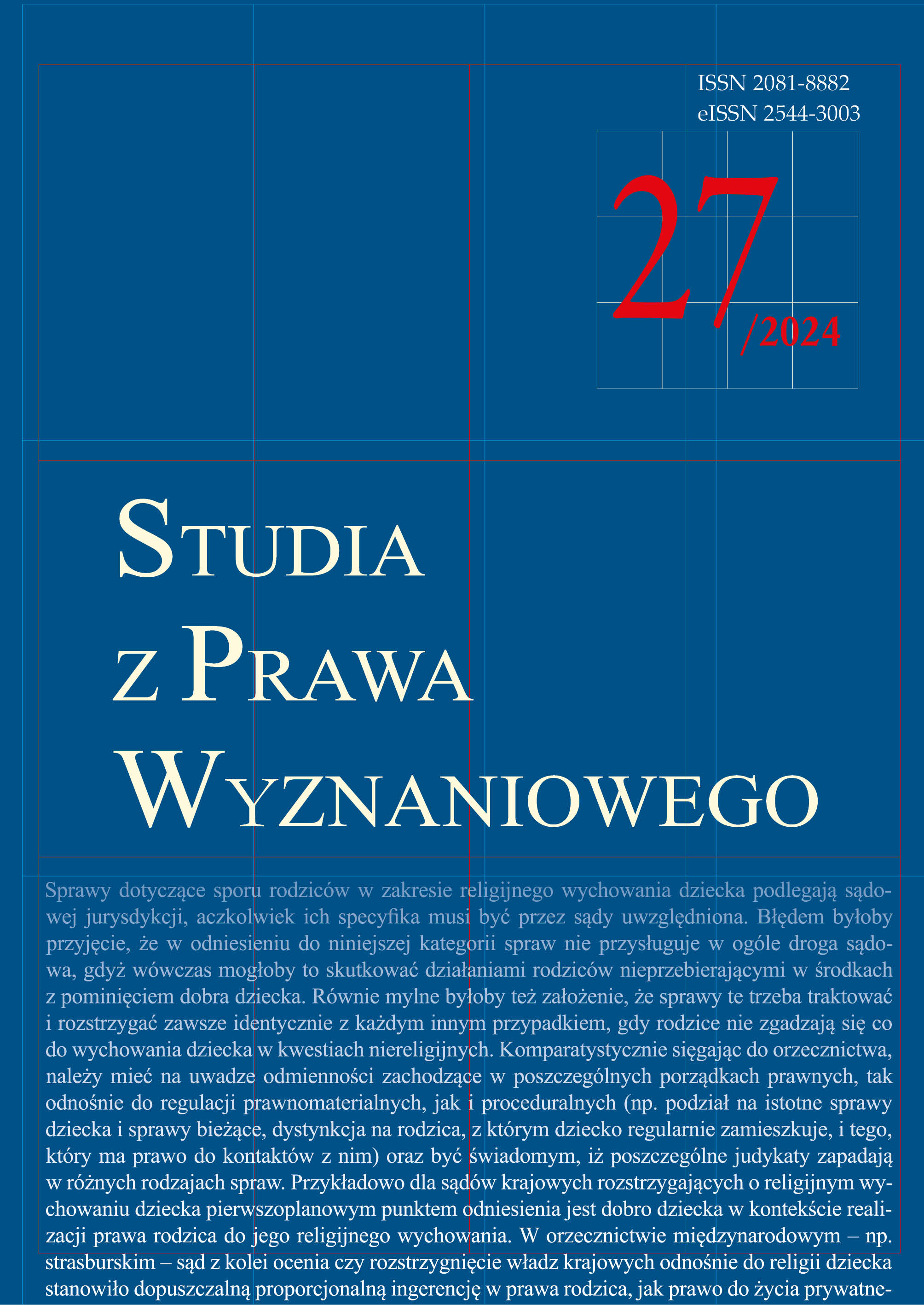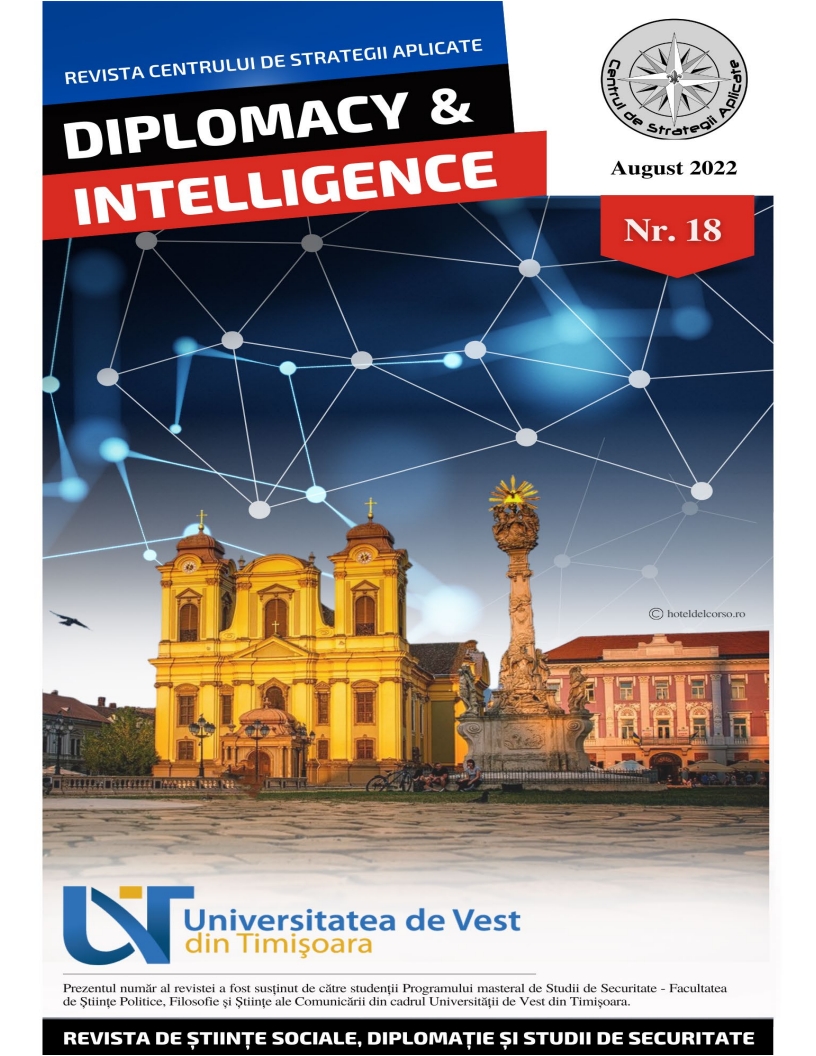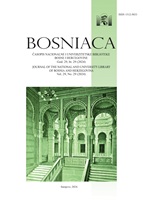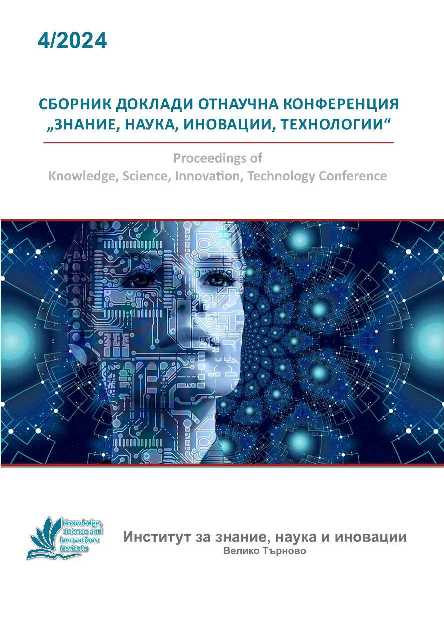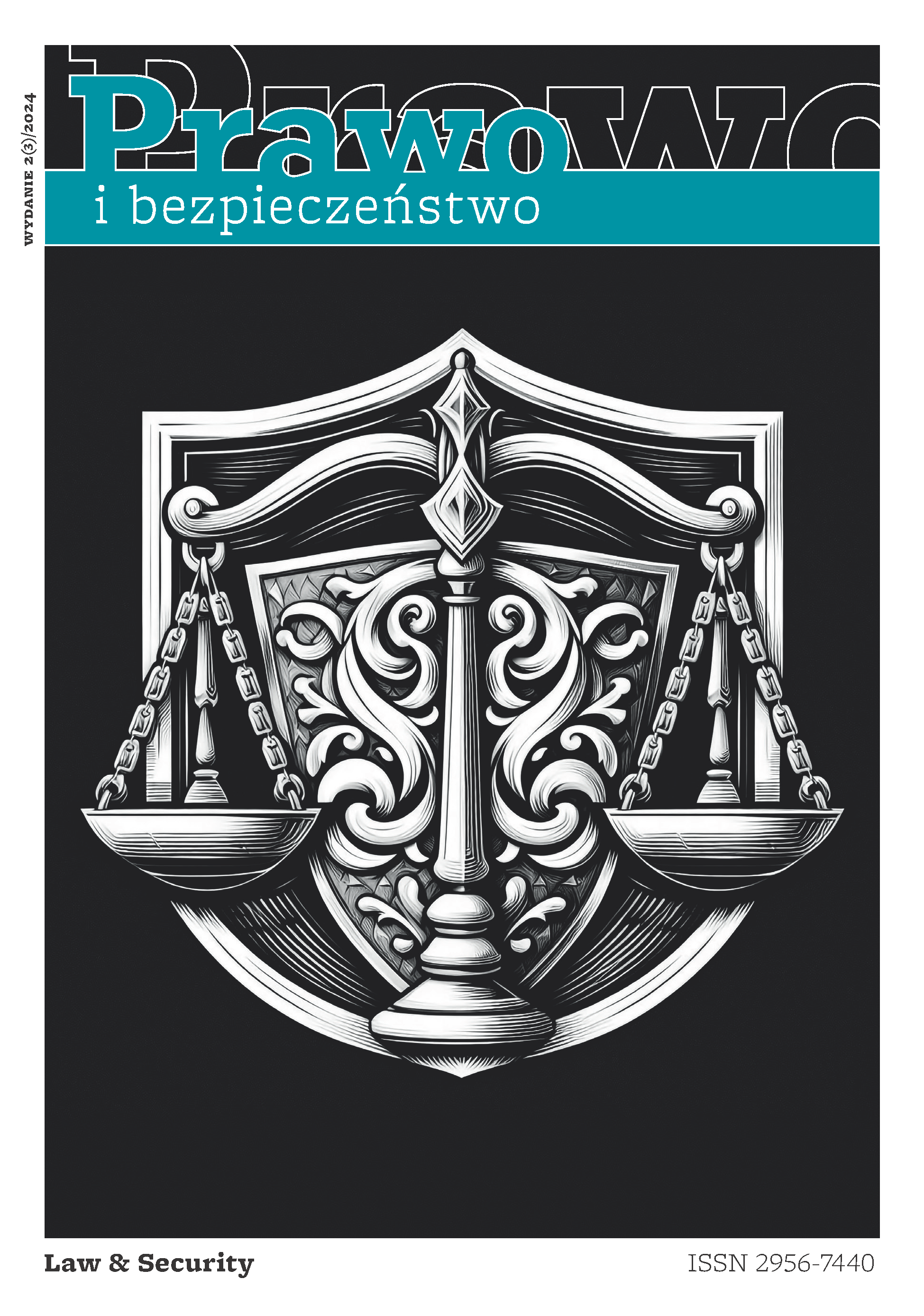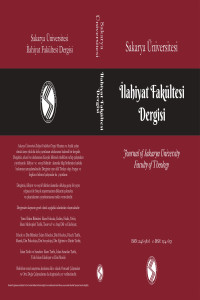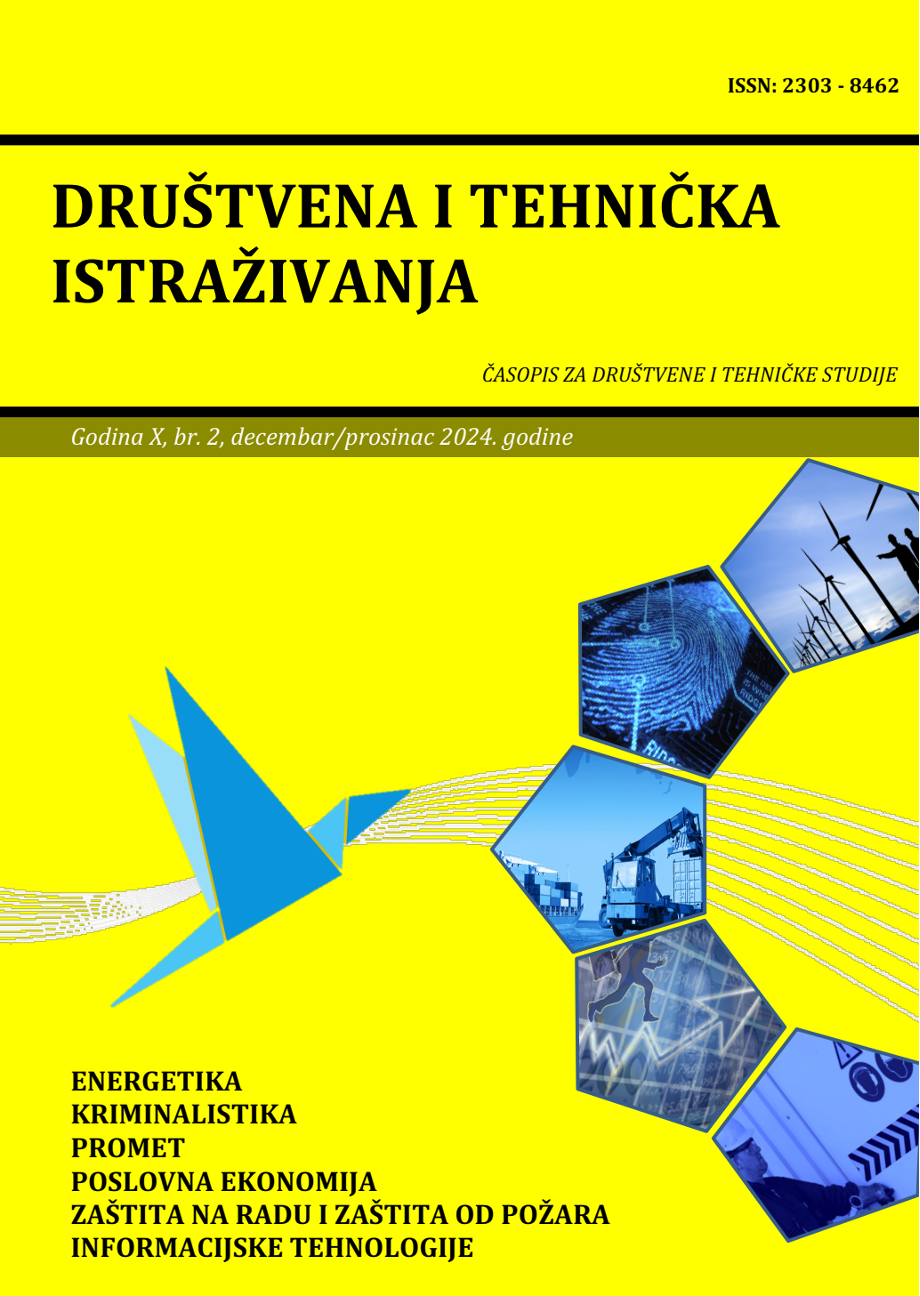Author(s): Mine Doğan / Language(s): Turkish
Issue: 50/2024
Determining or assigning the sex of a newborn baby can be a complicated matter. Those with a male chromosomal structure may look like a typical woman, and those with a female chromosomal structure may look like a typical male, or people may have ambiguous external genitalia. The phenomenon referred to by terms such as Disorders of Sex Development (DSD), hermaphroditism, and intersexuality has become a subject of interdisciplinary inquiry, engaging fields such as medicine, theology, law, philosophy, and ethics. This article discusses disorders of sex development according to Islamic bioethics. The aim of the article is to reveal Islam's ethical approach to disorders of sex development through the example of Islamic law. Disorders of sex development have been carefully addressed by Islamic jurists since the early periods, and ethical values were also considered in regulating rulings for individuals with DSD. Considering that ethical discussions about disorders of sex development are shaped according to the medical conjuncture of each period, the ethical approach to DSD in classical Islamic law was shaped in the context of protecting human dignity and privacy. For example, in cases where it is necessary to look at the external genital organs of a person with DSD, it was decided to purchase a concubine (jariya). Considering that according to Islamic law, the marriage of an individual with DSD whose sex has not been assigned is not allowed, it is aimed to protect the human dignity and privacy of the individuals with DSD by assigning the task of sex assignment and circumcision to the concubine. According to classical Islamic law, the two institutions that create privacy for looking at the external genital organs of the opposite sex are marriage and having a concubine. These Islamic rulings may imply that, depending on the medical conditions of the period, the ethical approach to DSD in classical Islamic law was shaped mostly to prevent psychological complications. Over time, with advancements in medicine allowing for the removal of tissues associated with the opposite sex from the bodies of individuals with DSD, a significant shift occurred in Islamic ethical values. In this context, contemporary Islamic jurists have focused on ethical values such as the Islamic rulings of sex correction surgeries, the evidence for permissibility (halal status) of these surgeries, the necessary parameters for the religious legitimacy of these procedures, and the doctrine of informed consent. In other words, the ethical approach, which initially focused on preventing psychological complications, evolved into the development of standards of medical care for DSD. This shift in the ethical approach of Islamic law regarding disorders of sex development emphasizes the importance of the medical context in the ethical discussions surrounding DSD. While contemporary Islamic jurists were investigating the ruling of sex correction operations, they questioned whether there was a medical indication for surgical interventions performed under DSD conditions.
More...



